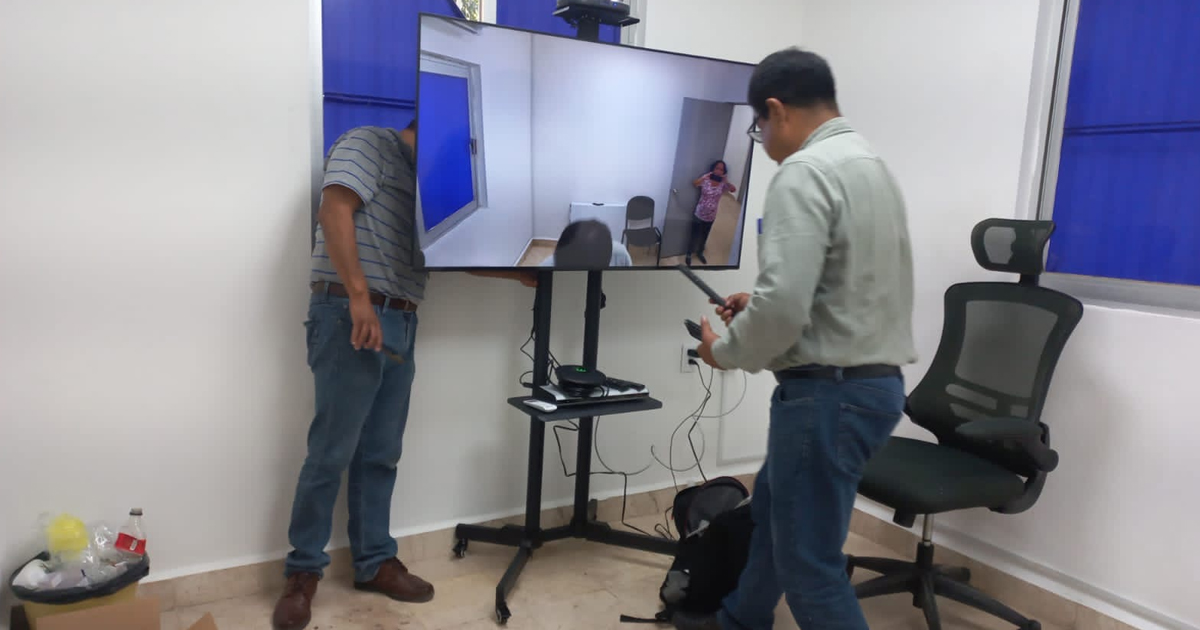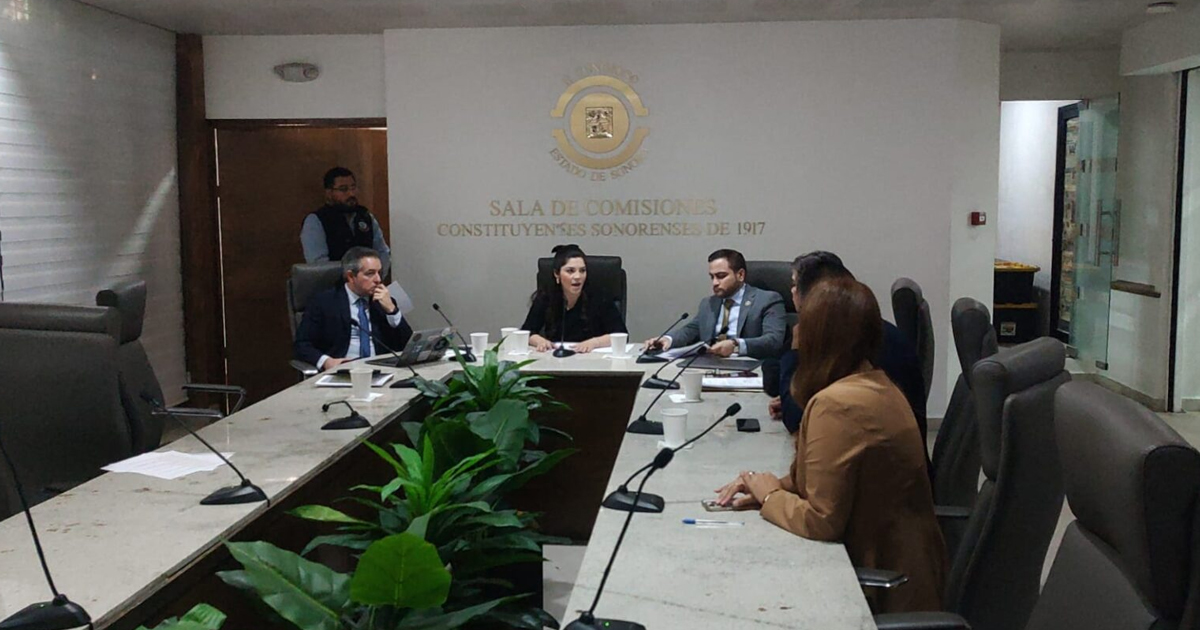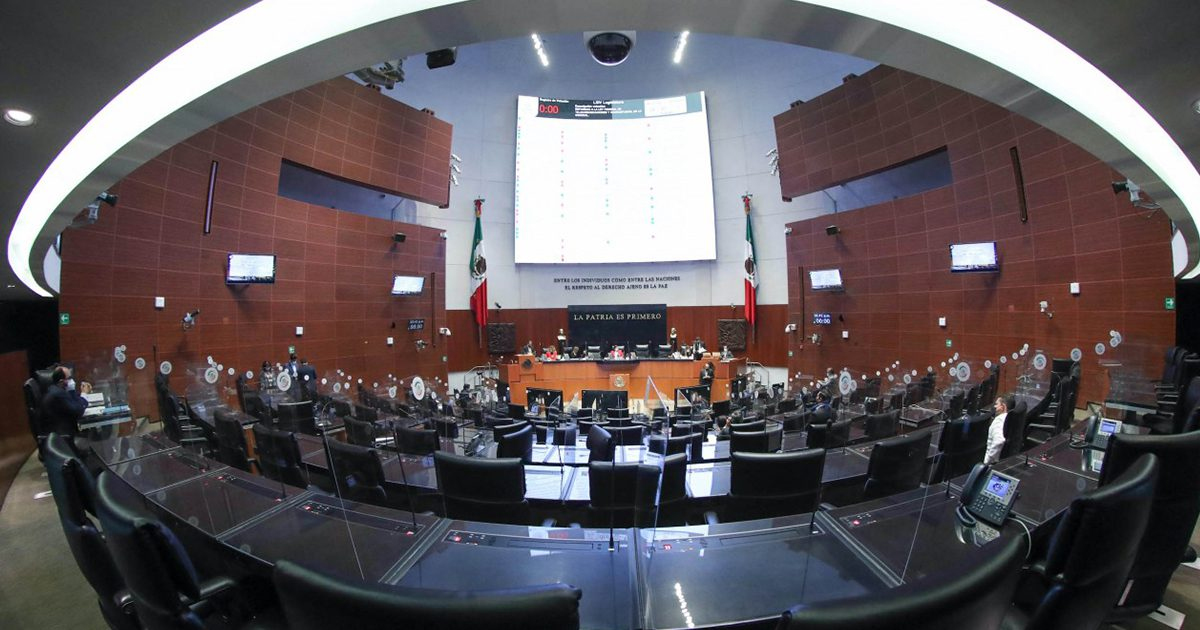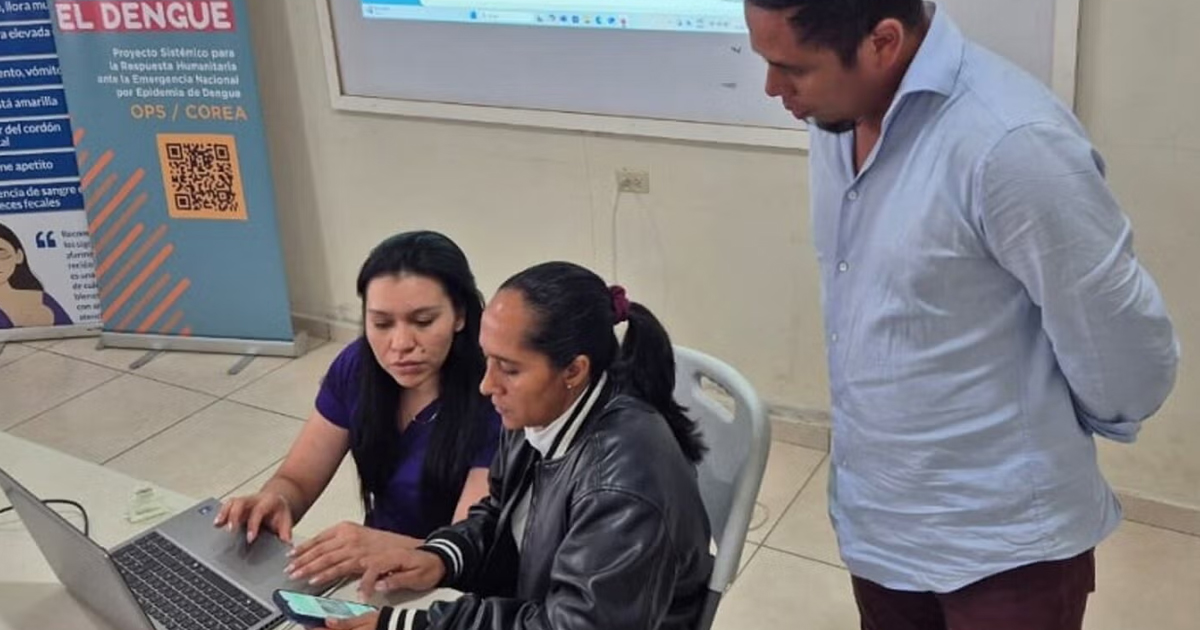En una acción conjunta la Organización Mundial de la Salud y la Unión Internacional de Telecomunicaciones lanzaron una guía para ayudar a países a implementar estrategias de salud móvil. La acción está enfocada en desarrollar atención contra la demencia.
La Organización Mundial de la Salud (OMS), publicó un nuevo manual sobre atención contra la demencia, basado salud móvil o mDementia. Con esta acción buscan ayudar a países a introducir y ampliar los programas ya existentes de Salud Móvil enfocados en atender la demencia. Mayo Clinic explica la demencia como “un grupo de síntomas que afectan la memoria, el pensamiento y las habilidades sociales lo suficientemente graves como para interferir en tu vida diaria. No se trata de una enfermedad específica, hay varias enfermedades que pueden provocar demencia”.
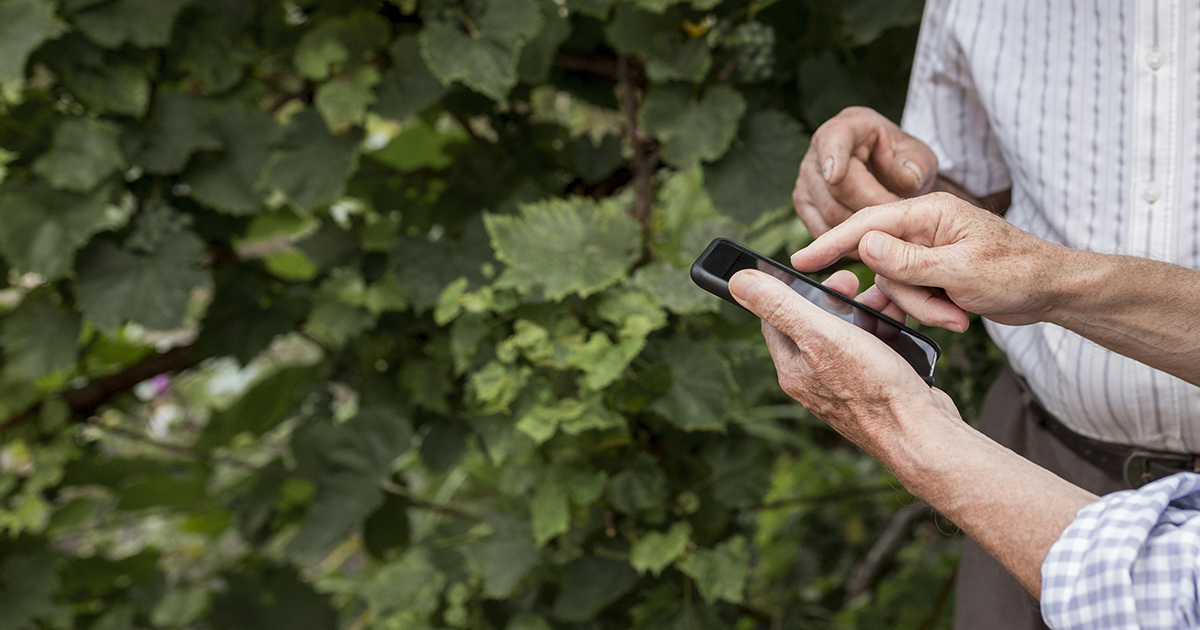
Las soluciones e intervenciones de Salud Móvil son realizadas a través de dispositivos móviles como teléfonos celulares o tabletas. La guía propuesta por la OMS incluye un módulo para reducir el riesgo de padecer demencia, además de brindar atención e información para los profesionales de la salud y familiares que cuidan de personas que padecen esta condición.
“El manual fue desarrollado por el Departamento de Salud Mental y Uso de Sustancias de la OMS y BeHe @ lthy BeMobile (BHBM), una iniciativa conjunta entre la OMS y la Unión Internacional de Telecomunicaciones (ITU)”.
The handbook is divided into five sections:
- Operations management;
- especificaciones obre la tecnología;
- adaptación y desarrollo de contenido;
- promoción participación y retención;
- monitoreo y evaluación de mDementia.
El programa que propone la guía, cuenta con dos módulos, primero mDementia Prevention tiene como objetivo “animar a las personas de mediana edad o mayores a gestionar los factores de riesgo modificables, como la inactividad física, el consumo de tabaco, las dietas poco saludables y el consumo nocivo de alcohol, para retrasar la aparición o ralentizar la progresión de la enfermedad demencia”, enfocado a personas con riesgo de padecer esta condición o a la población en general.
The second mDementia Support module aims to improve the mental health and well-being of caregivers of dementia patients. “It is based on WHO’s skills and knowledge training programme for carers of people with dementia, iSupport.”
La guía además muestra una tabla para conocer el contexto y la situación donde el programa de mDementia será aplicado, y considerar cuáles son los puntos fuertes y cuáles los débiles.
El manual de 106 páginas puede ser consultado a través del siguiente enlace: https://apps.who.int/iris/bitstream/handle/10665/339846/9789240019966-eng.pdf




